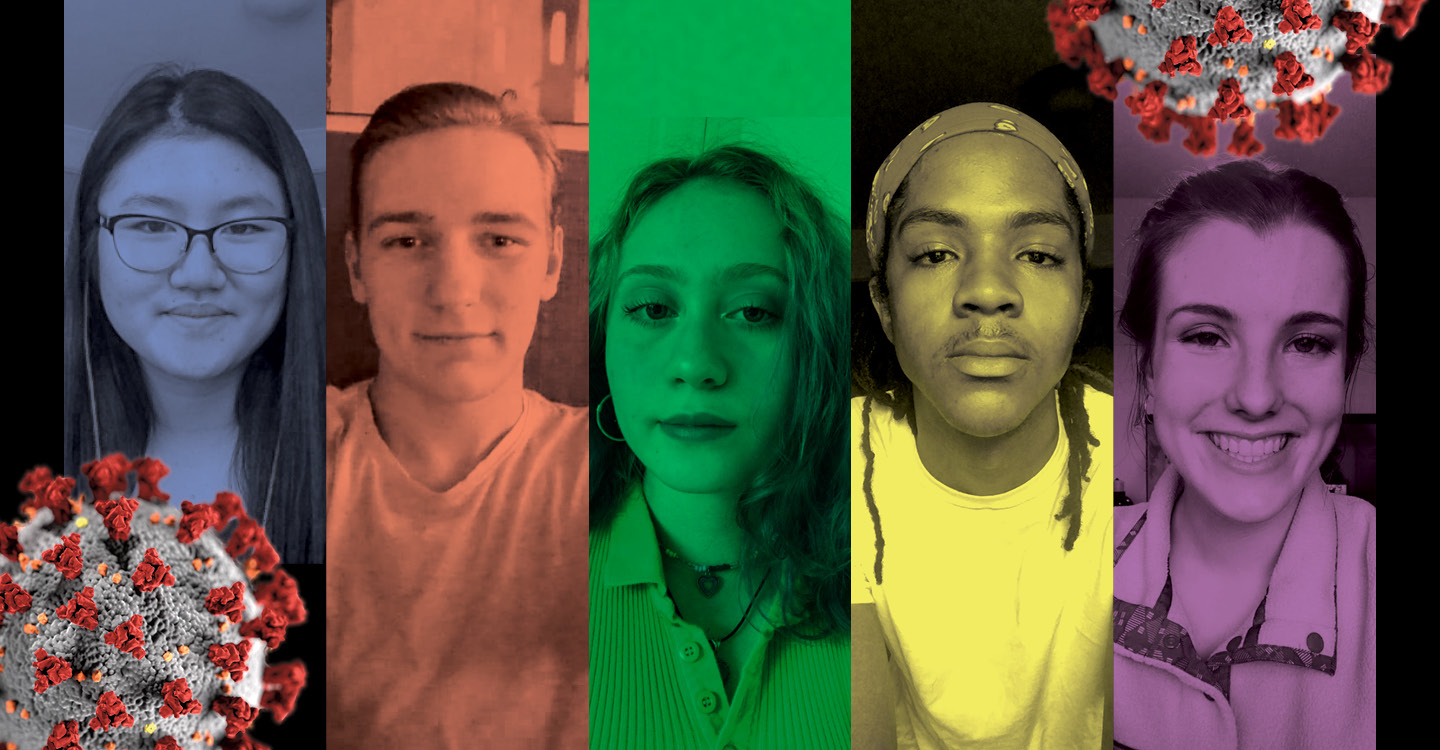For weeks now, Americans have been forced to adjust to a new normal, as the coronavirus officially known as Covid-19 has ravaged communities around the globe. With hospitals overrun with patients, many states have taken the drastic step of shutting down schools and all nonessential businesses, ordering people to stay indoors as much as possible to try to halt the spread of the virus. The effect on workers has been devastating: Millions have had to file for unemployment. For many teenagers, the stress of worrying about their health and their families’ well-being has been compounded by the challenge of finishing the school year online, cut off from all their classmates.
In these essays, five high school students discuss how their lives have dramatically changed during the Covid-19 pandemic and what it might mean for their futures.
For weeks now, the coronavirus officially known as Covid-19 has ravaged communities around the globe. It’s forced Americans to adjust to a new normal. Hospitals across the nation have been overrun with patients. As a result, many states have taken drastic steps to try to halt the spread of the virus. They’ve shut down schools and all nonessential businesses. They’ve also ordered people to stay indoors as much as possible. The effect on workers has been devastating. In fact, millions have had to file for unemployment. For many teenagers, this situation has been stressful. They’ve been worrying about their health and their families’ well-being. They’re also facing the challenge of finishing the school year online, cut off from their classmates. That’s made things more difficult for them.
The following essays were written by five high school students. In them, they discuss how their lives have dramatically changed during the Covid-19 pandemic. And each of them touches on what they’re experiencing might mean for their futures.

